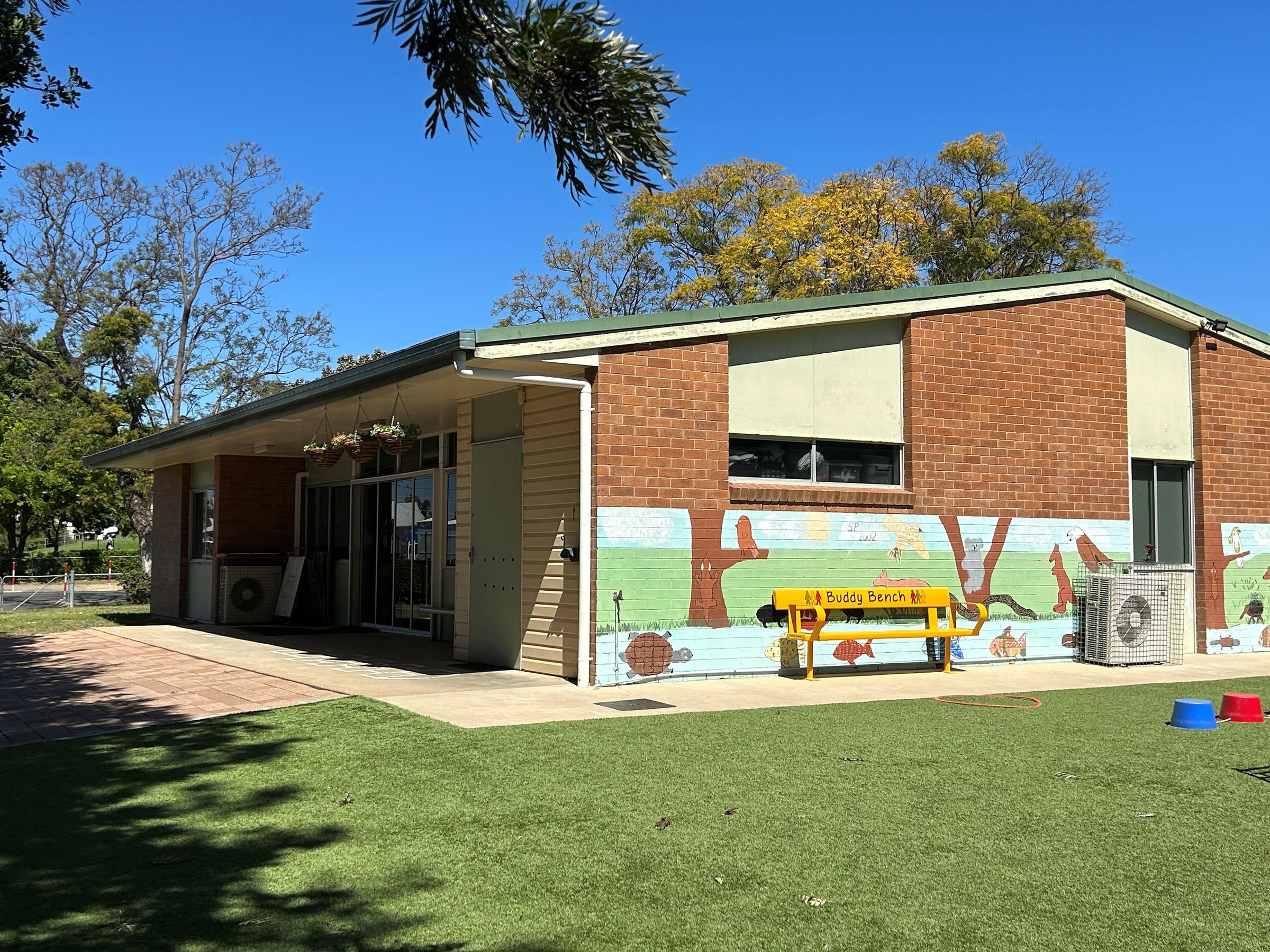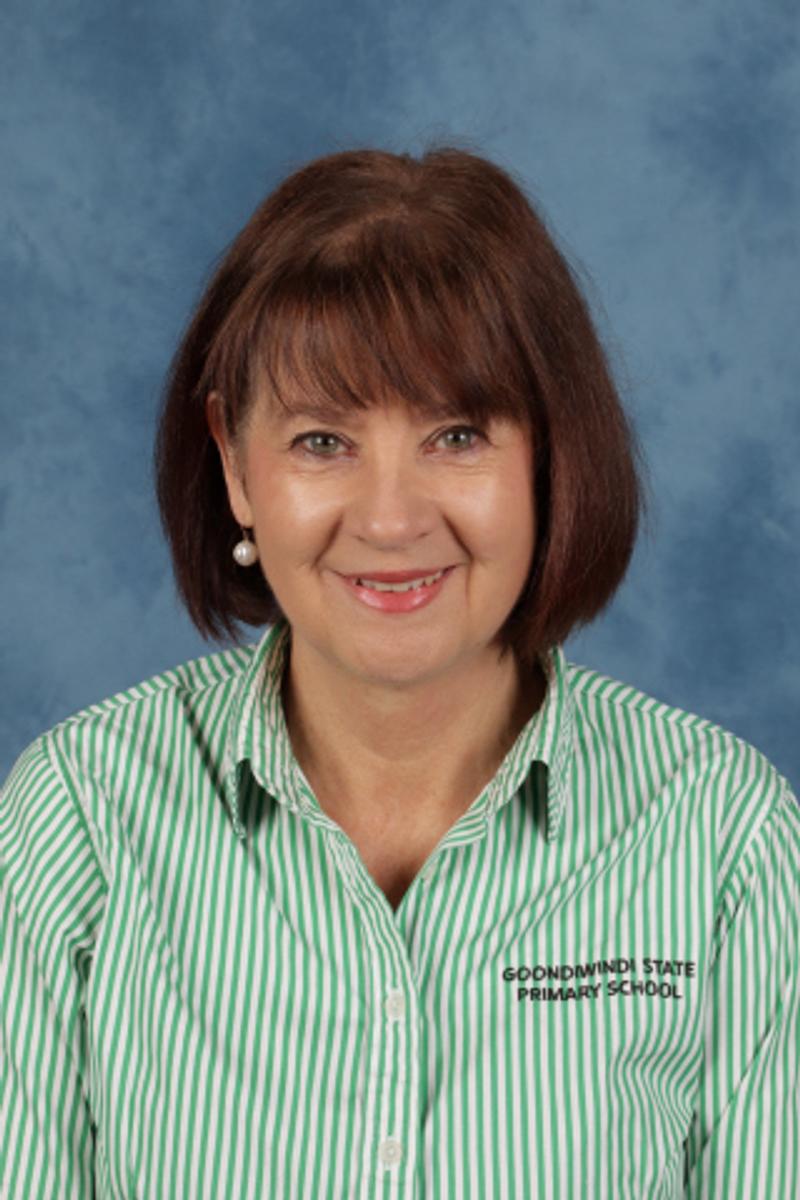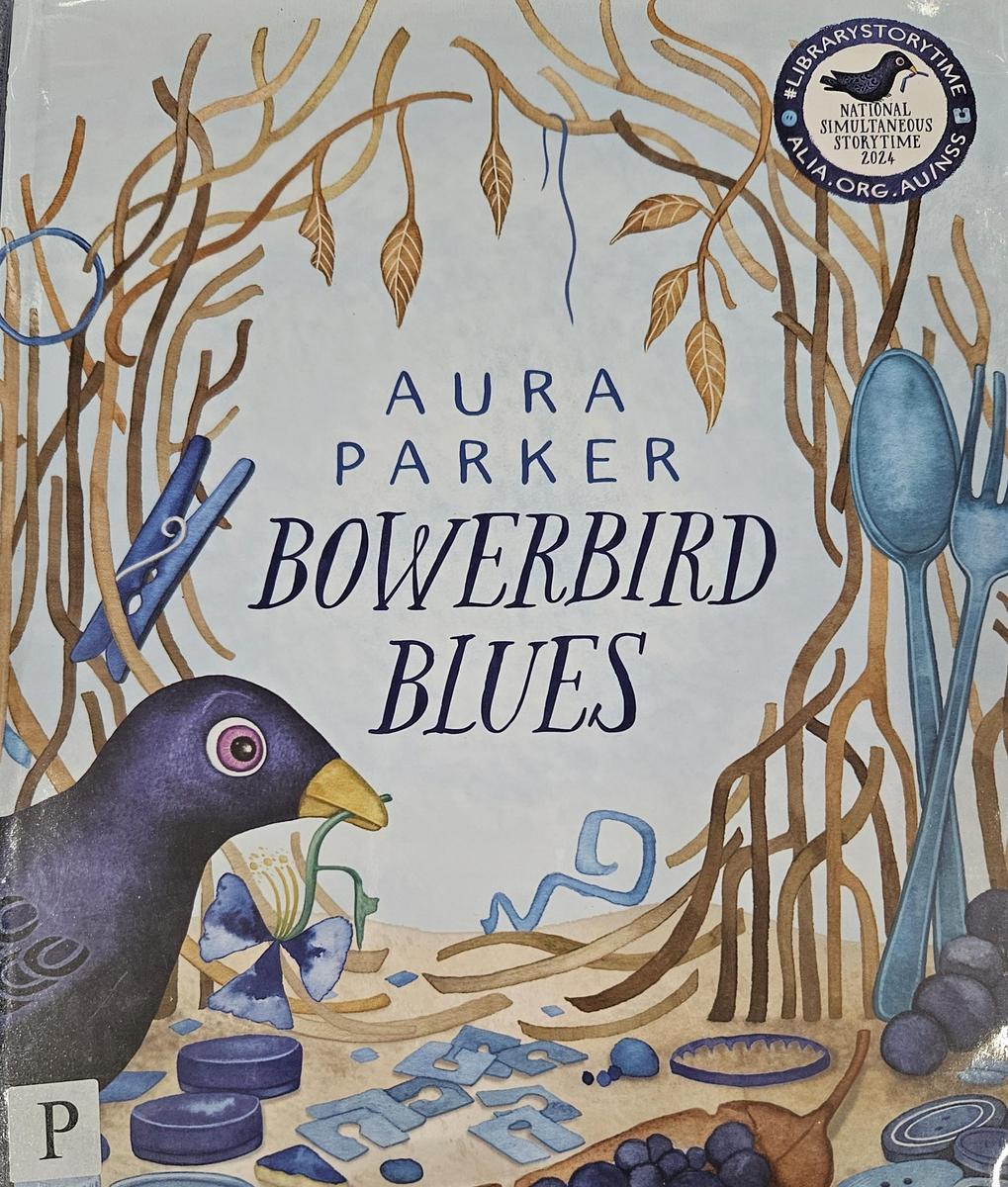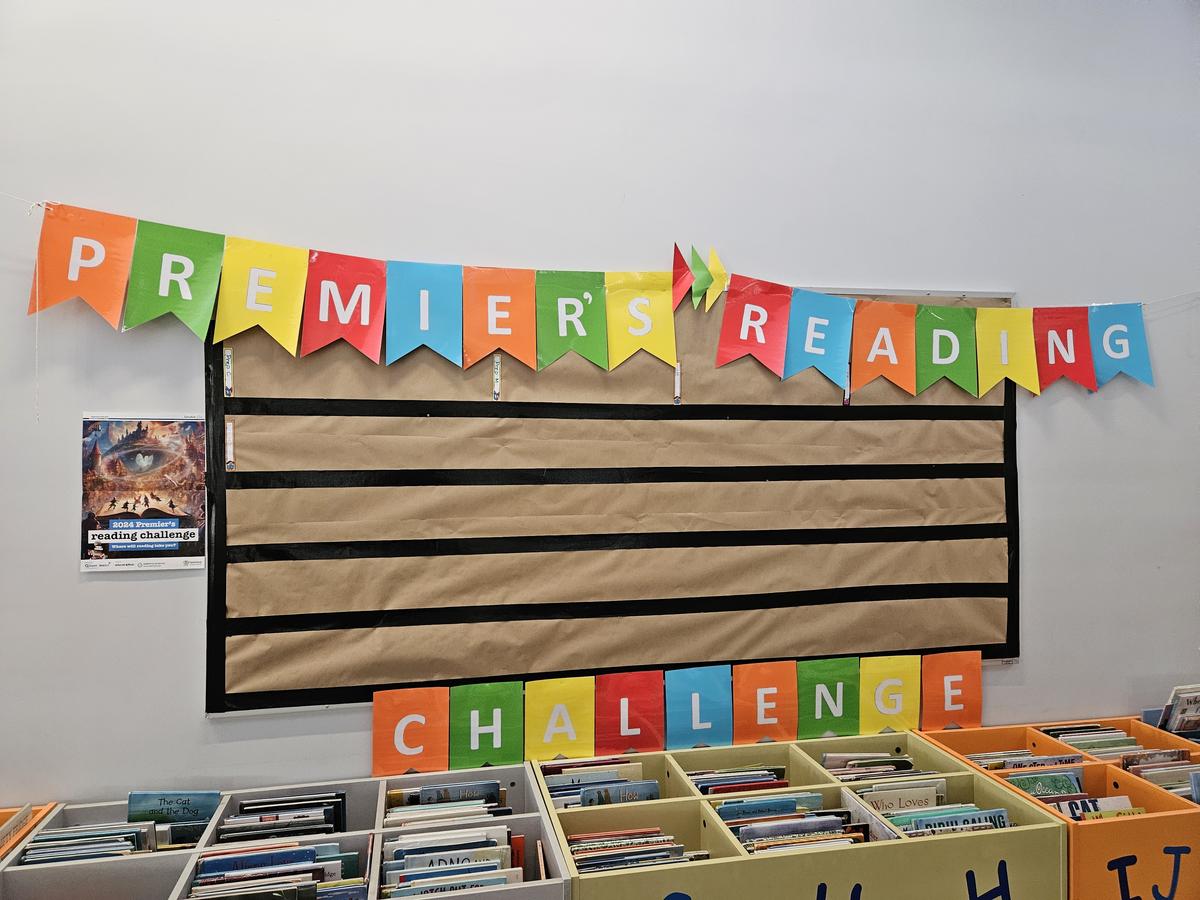Educational Achievement

Reading
What are decodable texts?
When children first learn to read using systematic synthetic phonics, they are taught letter-sound correspondences in a specific order. They will learn a few at a time — not all at once — and they will practise the letters and sounds they have learned by reading and spelling.
Decodable texts are used with beginning readers and are written to match children’s developing letter-sound knowledge. These texts provide an opportunity for your child to practise their reading skills in a meaningful way without having to guess words.
Your child may bring home decodable texts to practise their word reading skills. The texts will contain only those letter-sound correspondences they have been taught. If your child is having difficulty decoding a word, model saying the sound represented by each letter and blending the sounds to read the word. For example: for the word ‘cat’, point to each letter and provide the sound it represents /c/ /a/ /t/, then blend the sounds to read ‘cat’.
Decodable texts may also contain some high-frequency words that your child has been taught. High-frequency words are words that are common in English texts (for example: said, the, of, is). These words are included in decodable texts to create meaningful sentences. They may contain some letter-sound correspondences that have not yet been taught.
How can I help?
- As your child reads, you may notice there are words they can read automatically, while other words will need to be ‘sounded out’. When your child comes to a word they do not automatically know, you can help them by saying: ‘Say the sounds as you point to the letters. Now, blend the sounds and read the word.’ For example: for the word ‘hen’, point to the letters and provide the sounds, /h/ /e/ /n/, then blend the sounds to read ‘hen’.
- If your child still has difficulty reading the word, it’s okay to tell them what the word is. Remember, they are still learning about letters and sounds and may need more practise and support.
- When your child is learning new letter-sound correspondences, they may read slowly, and it may look laborious. This is typical of beginning readers and is no cause for concern.
- Remember, practise is key to becoming a skilled reader. Encourage your child to read their decodable texts often and to other family members.
Curriculum
As with all Queensland State Schools, we follow the Australian Curriculum. The Australian Curriculum is currently in a transition period after undergoing an extensive review based on feedback from schools.
Some of the key changes for the new version include:
- A reduction in content, meaning content can be taught with more depth and rigour
- A stronger focus on students mastering essential Mathematical facts, skills, content and processes
- A revision of the sequencing of certain skills and content in Mathematics
- A deepening of student understanding of First Nations Australian histories and cultures
- Strengthening the explicit teaching of Respectful Relationships
At Goondiwindi State School, we have already begun to implement the version 9 Australian Curriculum in English. The English Australian Curriculum aligns closely with the reading focus that we have already been working on, which is reassuring. Teachers and students are reporting a higher engagement and success in the new version of the curriculum. Teachers will begin familiarisation with revised Mathematics Curriculum, ready for implementation at the start of 2025. Other learning areas of Science, Technologies and Health and Physical Education will be implemented in 2026. HASS, Languages and the Arts will be implemented in 2027.
Music
Thank you to the Junior and Senior Choir students that were able to attend the RSL-Sub Branch event on Saturday. The Choirs combined to sing 'I am Australian-ANZAC Version' for the special guests attending.
Thank you to Mrs Lutton and Mrs Brown for leading the children in the performance.
News from our Library
National Simultaneous Storytime
On Wednesday the 22nd May, we will be joining the rest of Australia
and enjoy listening to Aura Parkers's book "Bowerbird Blues".
Every year a picture book by an Australian Author and Illustrator is chosen to be read to all students around Australian as a way to promote and encourage children to read and enjoy books, as well as encourage literacy.
2024 Premier's Reading Challenge
We have all started our reading challenge!!
Our Preps to Year 2 students are completing the challenge with their class,
all the books they experience reading together.
Forms have also been sent home so they can do an
independent form of all the books read at home, if they wish.
Our Preps to Year 4 students need to read 20 books.
Our Years 5 and 6 students need to read 15 books.
The reading period concludes on Friday the 23rd August, 2024.
We will be adding each student's name to our bookshelf as they
complete the Challenge and it will be exciting to see which
class finishes first! Once completed forms start rolling in we will
also be doing some lucky book draws on assembly. Happy Reading!
Regional Reader's Cup
We have a dedicated team of Year 5 and 6 readers who are
representing our school in Week 9 in this competition. They are busy
reading their allocated books, taking notes and meeting weekly to
discuss with the team.
Checkers
The checker boards have been out these past few weeks, Mr Higgs
has been helping teach the students the rules. We are having a friendly
competition in Week 8 and wonder which House will win!! If you have a
checkers board at home, it might be time to dust it off and start practicing
your best moves...




